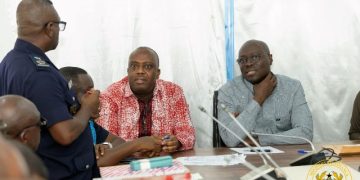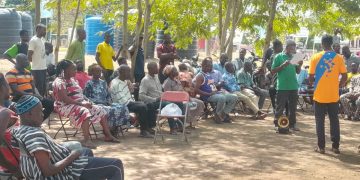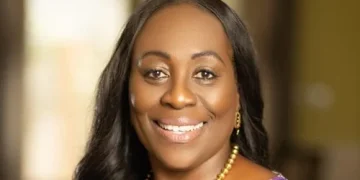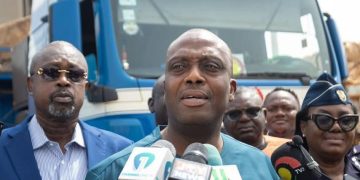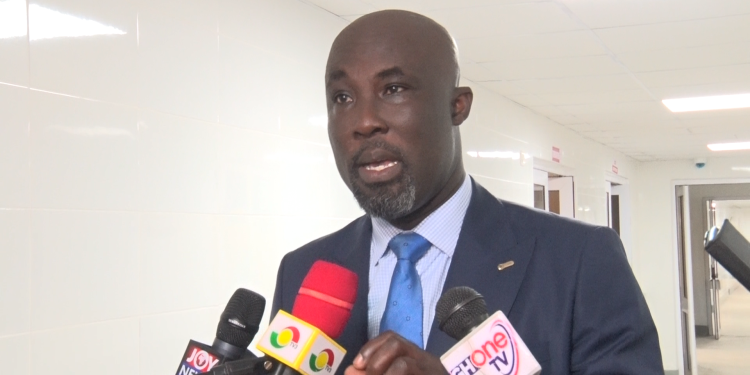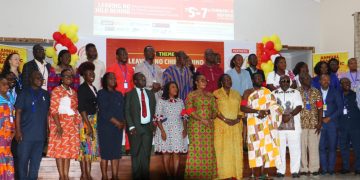Imagine a hospital teeming with patients, but equipped with only one functioning dialysis machine. That was the stark reality facing Komfo Anokye Teaching Hospital (KATH) just over two years ago.
Now, under the leadership of CEO Professor Otchere Addai-Mensah, KATH is writing a new chapter in kidney care, boasting twenty dialysis machines and offering a lifeline to countless patients battling renal failure.
Professor Addai-Mensah, who took the helm 26 months ago, didn’t mince words when he described the situation he inherited.
“When I went there I said we’ve 1 and a half dialysis machines, some ask what do you mean by 1 and a half. One was working at full capacity, the other was working at fault as the engineers will say,” he Kojo Marfo justifying the desperate need for improved health care resources.
Now, his voice resonates with pride and relief: “Today as we speak , we have 20 dialysis machines at Komfo Anokye, how long has it been 26months as CEO and this alone is something to be happy about, he told Kojo Marfo, Host of AbusuaNkommo at Abusua965FM in an interview.
This remarkable transformation isn’t just about numbers; it’s about lives saved and families spared the heartbreak of watching loved ones suffer without access to vital treatment.
KATH serves as a crucial referral center for 13 of Ghana’s 16 regions, making its capacity to provide dialysis a matter of life and death for many.
Background:
KATH, located in Kumasi, is renowned for its comprehensive medical services, catering to a large population from various parts of the country, and serving as a referral facility to over 12 regions.
As one of the few facilities equipped to handle complex medical conditions such as kidney failure, the demand for dialysis treatment has always been high. However, in recent times, this demand has surged, largely due to an intervention by the National Health Insurance Authority (NHIA), which has subsidized dialysis sessions for renal patients.
Professor Otchere Addai-Mensah, the Chief Executive Officer of KATH, highlighted this growing challenge during a press briefing.
He pointed out that while the hospital is committed to improving its dialysis services, the current resources are insufficient to meet the escalating needs of the public.
According to Professor Addai-Mensah, the hospital is making concerted efforts to procure additional dialysis machines to cope with the increasing numbers of patients.
In his remarks, Professor Addai-Mensah expressed that the hospital requires a total of 25 dialysis machines to fully complement the refurbished dialysis center.
“The hospital is making arrangements to buy six new dialysis machines, also from internally generated funds, our own funds, to buy these anesthesia machines. The challenge, however, is that we have also refurbished the dialysis center. The place is empty and we need a maximum of about 25 dialysis machines to complement it.
“Now the need for more dialysis machines has become dire. And it so because of a very good policy that has been rolled out by the government, people within a certain age bracket are enjoying free sessions and so on.”
Source: www.kumasimail.com /Kwadwo Owusu




